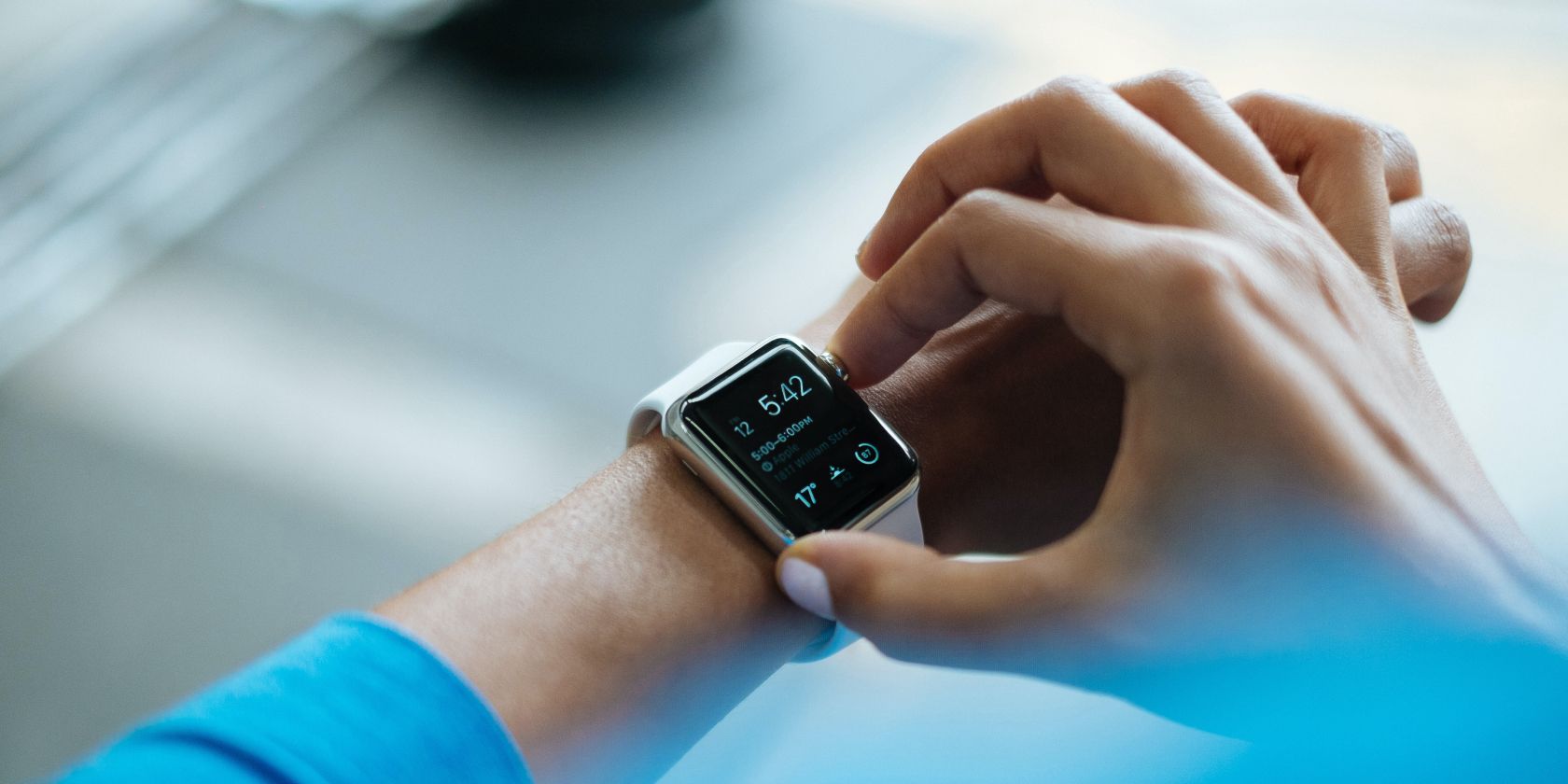Kale smoothies and dead lifts aren't magic bullets. Following generic fitness and nutrition plans won't guarantee a thing. Thankfully, it's clear that AI is going to revolutionize health and wellness in the coming years. With AI, fitness and nutrition advice will no longer be subjected to the one-size-fits-all approach from misguided Instagram influencers or even well-intentioned and educated nutritionists.
Let's look at how AI is poised to transform fitness and nutrition—from smart meal planning that caters to your taste buds' and physiology's every desire to exercise regimes tailored to your specific biomechanics and body morphology.
Basics of AI and Machine Learning
It's already clear that AI will power the future of healthcare. While artificial intelligence (AI) and machine learning are terms that are often used, do you know what they actually mean? To start, AI is the broad concept of creating machines that can perform tasks that would typically require human intelligence. Machine learning is a subset of AI. It focuses on the development of algorithms that enable computers to learn from and make predictions or decisions based on data.
In the health and fitness industry, AI has been steadily gaining traction. It's turning what used to be generic workout routines and meal plans into hyper-personalized experiences.
The Magic of Big Data for AI and Fitness
Big data is the secret sauce that gives AI and machine learning their superpowers. It refers to the massive volume of information collected, scraped, and generated from various sources.
Data sources can include social media posts and online search queries, but may also evolve to include data collected by wearables and fitness trackers. It may even evolve to include your genetic data. In the context of health and fitness, big data can provide valuable insights into your habits, preferences, and physiology.
The Role of AI and Machine Learning in Health and Fitness Apps
AI and machine learning are already being used in the application of health and fitness apps, transforming how we approach wellness. Some AI-powered apps monitor your health and others act as virtual coaches and can create personalized workout routines. Meanwhile, language learning models such as ChatGPT can already help you create healthy meal plans.
Incorporating AI into fitness apps does such a good job of enhancing your experience that personalization is becoming the norm rather than the exception.
The Challenges With Fitness Personalization
Personalizing fitness and nutrition plans is challenging because your needs and preferences differ greatly from the next person. Accounting for variables such as age, gender, body type, fitness level, dietary restrictions, and personal goals can be a daunting task, especially for humans with limited computing power.
What's more is that people's bodies and lifestyles are constantly changing—over time you may have children, lose muscle mass, or experience an injury—which means plans need ongoing adjustments and refinements to be as effective as possible.
AI's Enhanced Data Processing Capabilities
AI has an unparalleled ability to handle complex variables and process large data sets. Not only that, it can do this with incredible speed and accuracy. This enables AI to identify subtle patterns and correlations in health and fitness data. By doing so, computers can make sense of countless factors that influence your health and well-being.
Real-Time Analysis and Adjustment of Fitness and Nutrition Plans
One of the most significant advantages of AI-powered fitness and nutrition solutions is their ability to provide real-time analysis and adjustments. AI tools can already monitor your progress in real time, offer instant feedback, and make automatic adjustments based on changes in your diet or preferences.
For example, if you find yourself eating too many carbs and not enough protein to reach your muscle-building goals, apps like Macro Factor identify your protein deficit by tracking your weight.
Potential Applications of AI in Personalized Fitness and Nutrition
As AI is granted access to more and more of your data, the power to personalize fitness and nutrition planning will grow. Some really cool developments are just over the horizon.
Integrating Data From Wearables With AI
Wearable fitness devices have become increasingly popular, collecting a wealth of biometric data that can help fine-tune your fitness and nutrition plans. Expect third-party AI products to be able to analyze and interpret this data and use it to make recommendations that align with your specific and ever-evolving needs.
For example, using data collected from your smartwatch, AI products and services will be able to recommend the next best meal to ensure you recover quickly after a long bike ride—and when to eat it so that you get the best night's sleep!
Integrating Genetic Analysis for Optimized Fitness and Nutrition Plans
More broadly, AI systems could be able to tap into the vast storehouse of data contained in your genetic sequence to unlock next-level personalization. By analyzing your raw DNA data from 23andMe or another third party, AI algorithms will be able to create fitness programs tailored to your genetic strengths and weaknesses.
Genetic testing will also inform meal plans based on how your body can process certain nutrients (or not) and evaluate your predisposition to food intolerances. No more wasting time trying to find gluten-free, vegan-friendly, or low-carb recipes online.
Continuous Improvement Through Reinforcement Learning
Reinforcement learning is a type of machine learning where AI algorithms learn and improve through trial and error. This is especially applicable when it comes to health and wellness since people's bodies are constantly responding to their rather unpredictable lives—sometimes they sleep well, and sometimes they don't. Some days they crush a whole pizza, and sometimes they drink spinach smoothies. People are unpredictable, but AI will be able to keep up.
Embracing the AI-Powered Future of Personalized Fitness and Nutrition
By harnessing the power of advanced algorithms, big data, and continuous learning, AI-driven solutions will create fitness and nutrition plans that are unmatched by humans. From gene-guided fitness strategies to adaptive meal plans and dynamic workout routines, AI is opening the door to a smarter, more efficient, and deeply customized approach to health and fitness.


